They’re called ‘emergency funds’ for a reason – this essential savings cache could be the only thing standing between you and disaster.
Should You Start Saving?
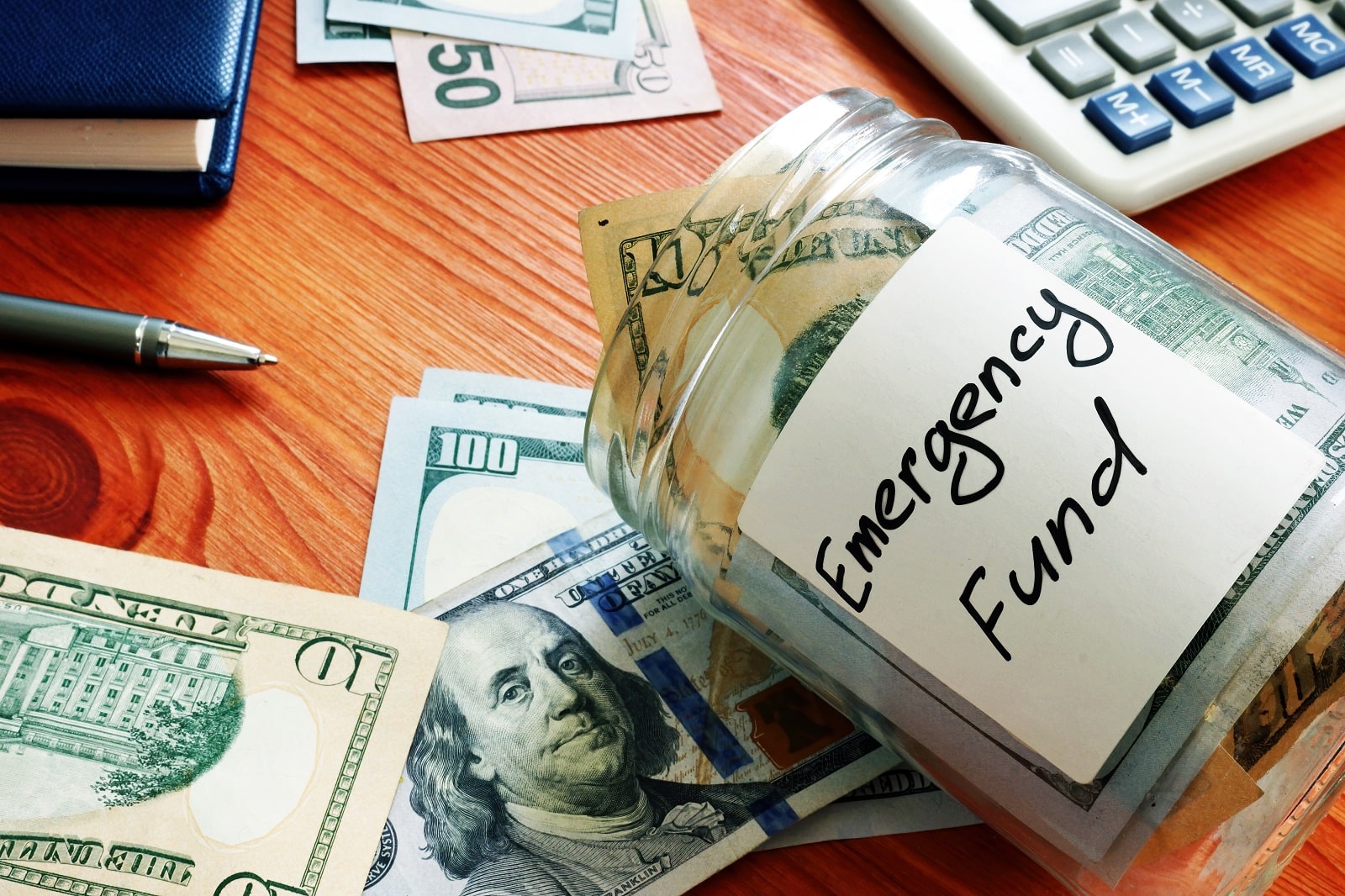
You may have heard the phrase “emergency fund” being tossed around in news pieces and financial circles and wondered if it’s something you should consider. And the answer is – yes!
Emergency Funds
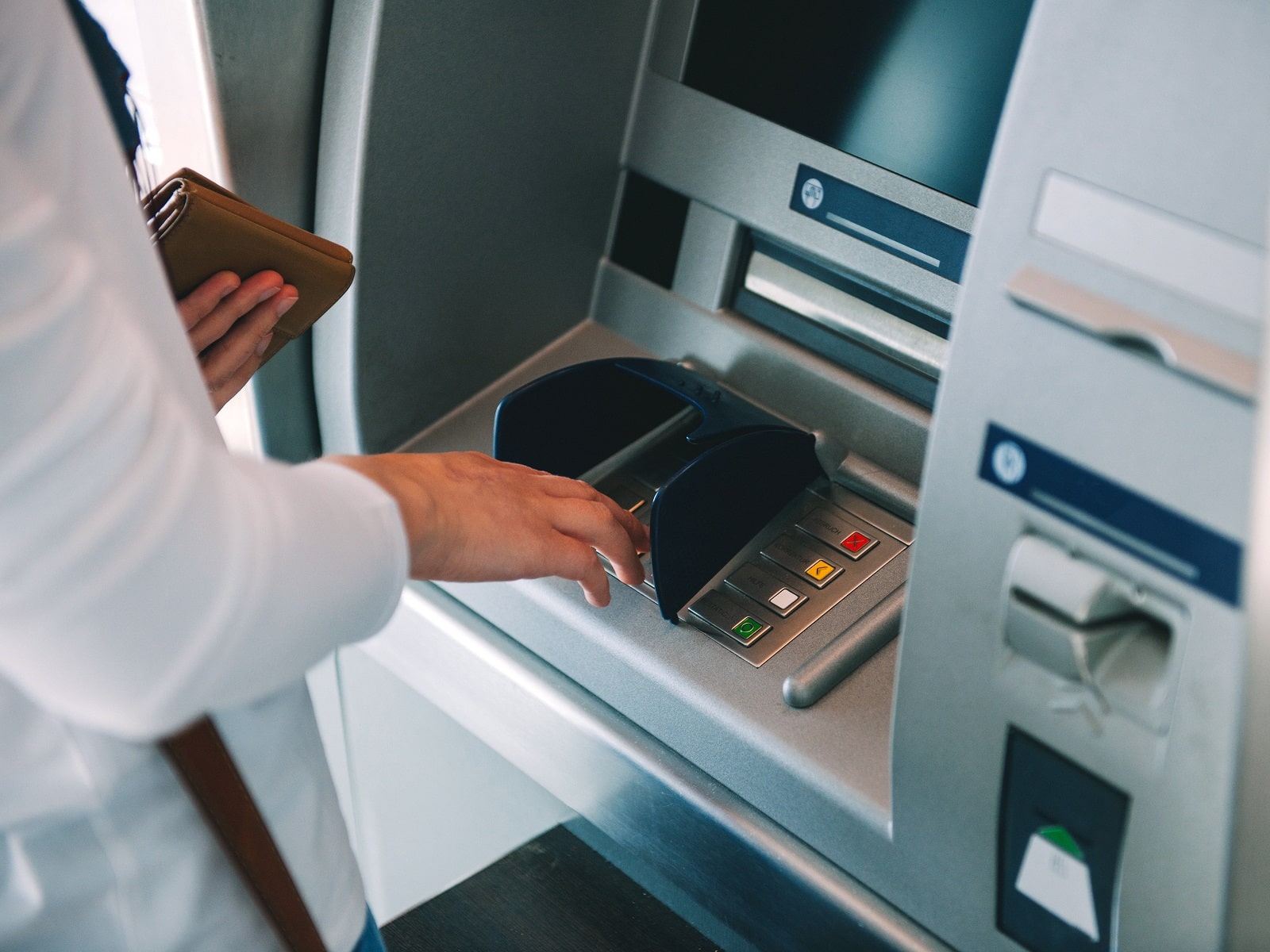
An emergency fund is exactly what it sounds like – a stash of savings you keep aside to withdraw when you’re faced with a financial emergency, or some form of severe financial stress.
Supplementing Lost Income

As a general rule, an emergency fund is equivalent to between 3 and 6 months of your salary. An emergency fund is typically used as a buffer during an extended period of unemployment.
For Long-Term Living or One-Off Costs
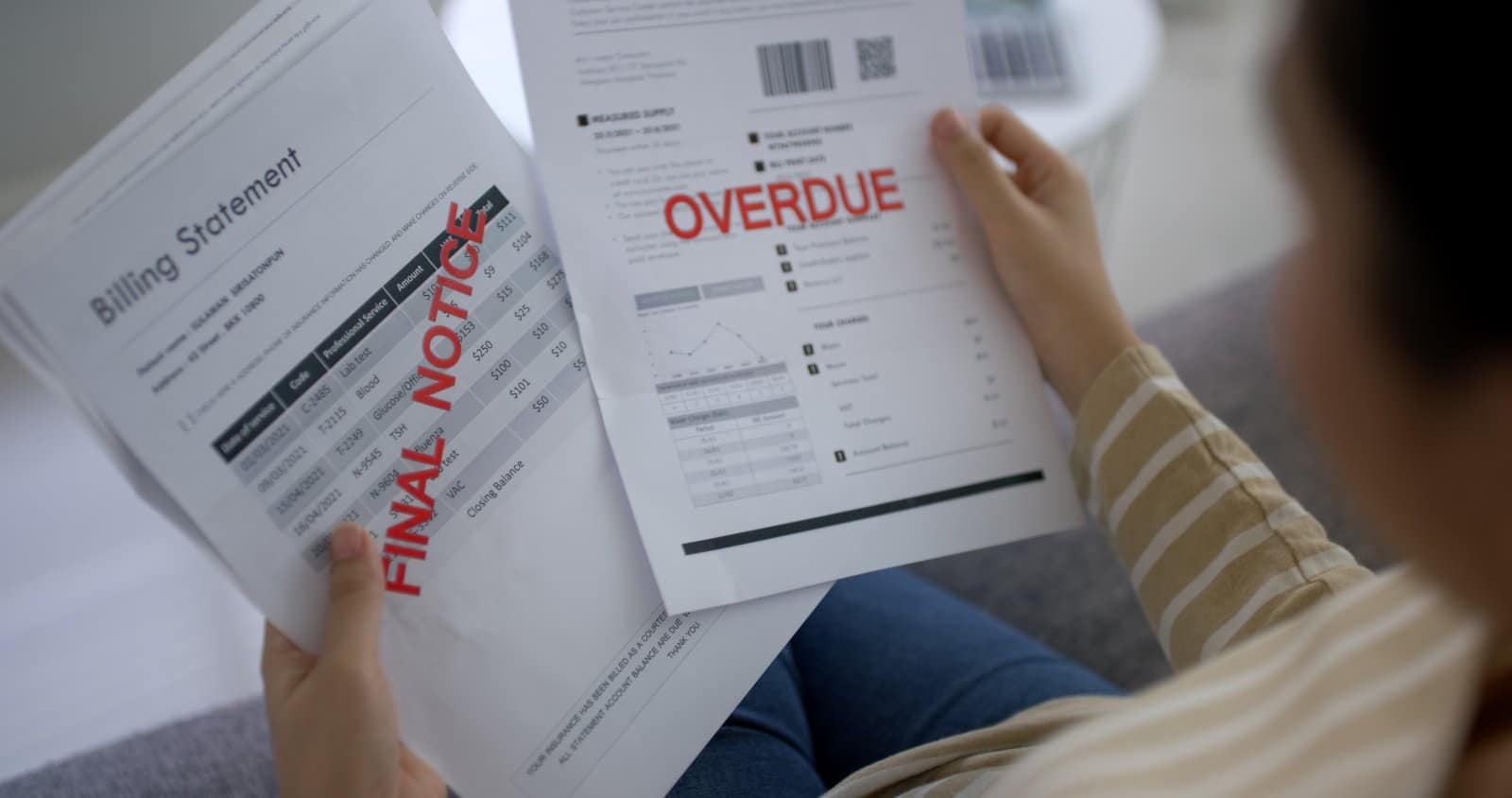
This fund should be used to cover your rent or mortgage, utilities, food costs, insurance, healthcare, debt repayments, and more during these periods.
But it can also be used to cover a lump sum in an unexpected costly event.
A Vital Expense

Some might argue that they simply can’t afford to squirrel away any extra cash for an emergency fund, but the opposite is actually true – most people simply cannot afford to NOT have one.
Why You Should Have One

And it’s not just to protect you while you’re job hunting. Let’s take a look at 7 lesser-known reasons why an emergency fund is a vital financial buffer for any family or individual.
1. It Isn’t Just for Unemployment

Extended unemployment is not the only significant financial emergency. Surprise medical bills, significant repairs on your car or home, natural disasters, or even spontaneous rental eviction are just some of the costly emergencies that would be mitigated by an emergency fund.
2. Avoid Adding to Your Debt
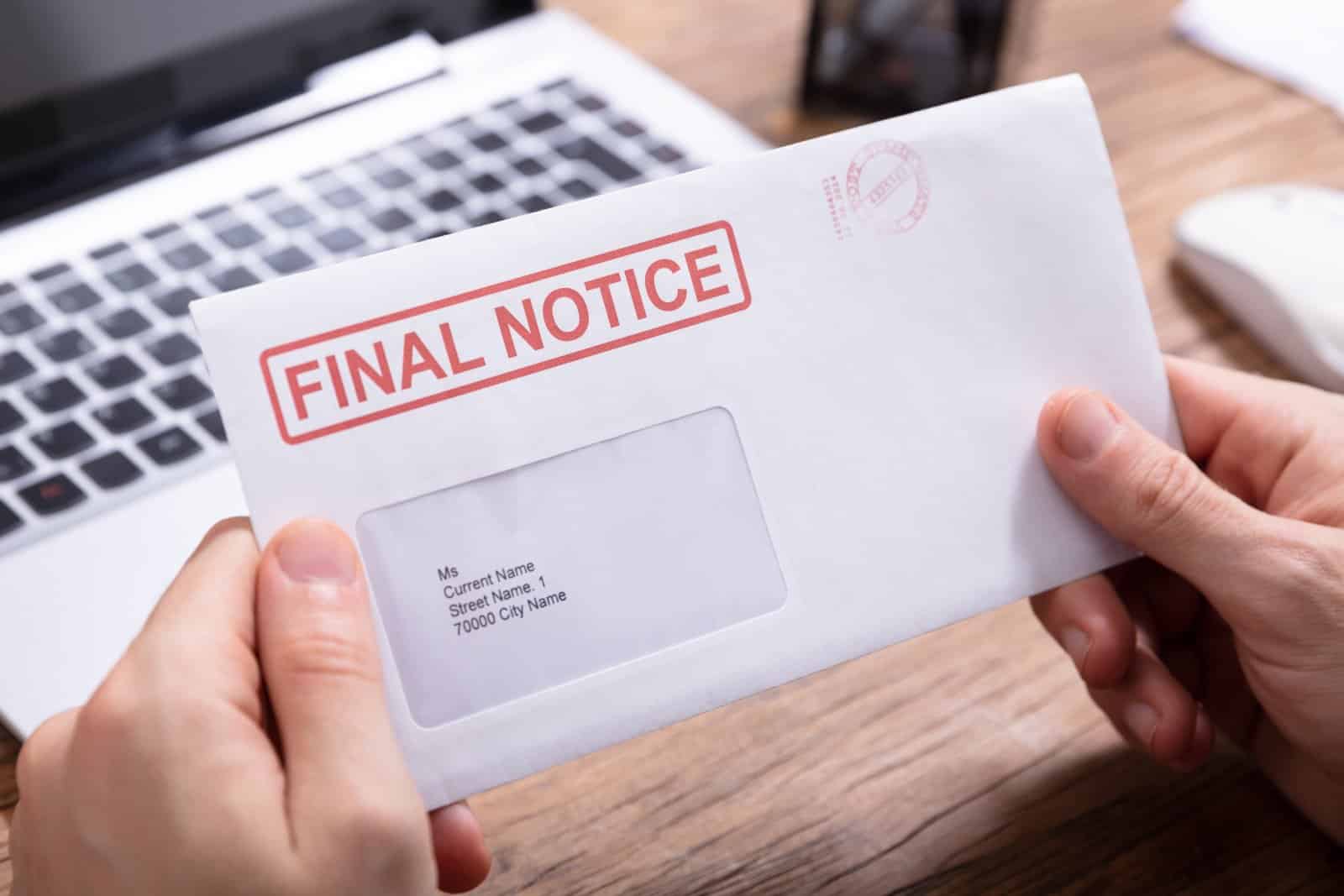
For many who don’t have a savings fund stashed away, financial emergencies can place them further in debt, either by borrowing money to cover the costs or diverting repayments on existing
debt.
A Debt Salve

An emergency fund means you don’t have to borrow money you don’t have, and you can continue to pay off debts without incurring late fees and higher interest.
2. Home Ownership Losses

Owning a home is a dream for many, but it’s also expensive. If you’re a homeowner you have a higher risk of incurring emergency costs, as unlike renters, you’re the only one responsible for maintaining your home and paying for repairs.
Covering Your Home Base

An emergency fund will reduce the stress of owning a home, as it can cover all of these surprise expenses, including serious repairs, replacements, and renovations.
It also means that emergency funds will never threaten your mortgage payments.
3. If You Have an Underlying Medical Condition

This should be a given, but if you have a serious medical condition or even a mild condition that still requires occasional treatment, you need to have an emergency fund to cover any unexpected costs.
Insurance and Sick Leave Cover

Not only are checkups, treatments, and medication expensive, but often even the best insurance plans won’t cover everything.
And if you run out of sick leave, you’ll need that fund to make up for any other missed work days.
4. Being Away From Home

Many of us move far from our parents, grandparents, siblings, and other loved ones for work and other commitments. This can become an issue when a family crisis hits, such as illness or death.
Last Minute Transport

Traveling for a family emergency is not always on the list of financial emergencies to plan for, but it should be.
Purchasing a last-minute return flight to visit your family, especially if you are now living overseas, can set you back hundreds or even thousands of dollars.
6. You’re Trying to Meet Financial Goals
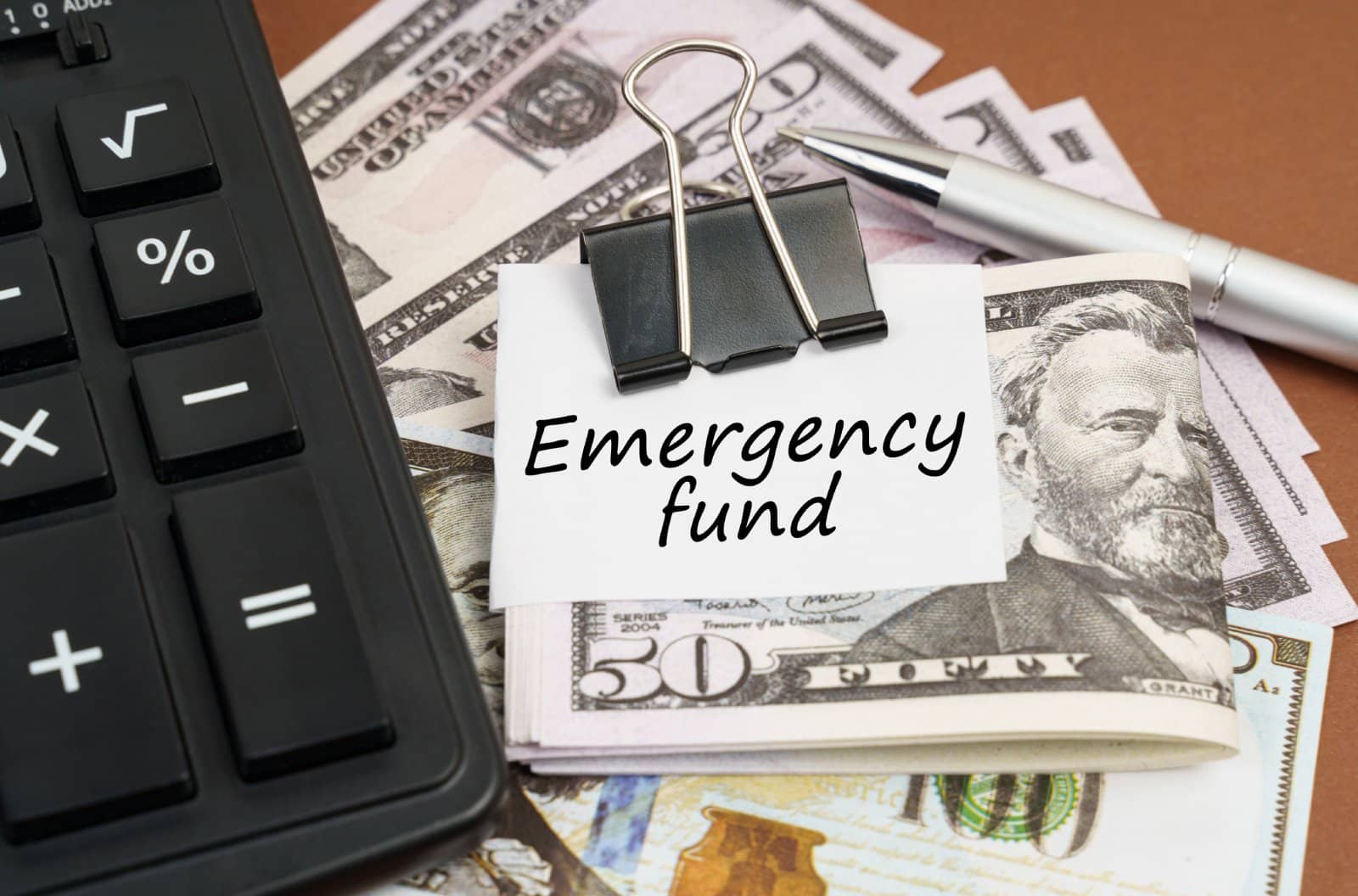
Are you saving for a house? Or hoping to leave your job to start your own business? Do you want to fund a non-work-related passion project?
Unexpected unemployment or emergencies can torpedo your financial goals, but an emergency fund will protect those savings.
Start Slow

You don’t have to have 6 months’ worth of living expenses saved straight off the bat. Start by working toward small goals – it could be $500 to cover a small but vital issue, such as a car or home repair.
Work Your Way Up

Even a small amount like this will grant you some piece of mind, and from there you can work your way up to larger goals. $1000 to cover two issues, $2000 to cover a medical bill, and so on.
Add It to Your Monthly Bill

The best way to approach saving for an emergency fund is to see it as part of your monthly bills, rather than an extra payment.
Set up automatic payments to a separate account, and you’ll eventually come to see it as just as essential as your rent and utility payments.
The post Understanding Emergency Funds: And Why You Need One first appeared on Liberty & Wealth.
Featured Image Credit: Shutterstock / Hananeko_Studio.
The content of this article is for informational purposes only and does not constitute or replace professional financial advice.

